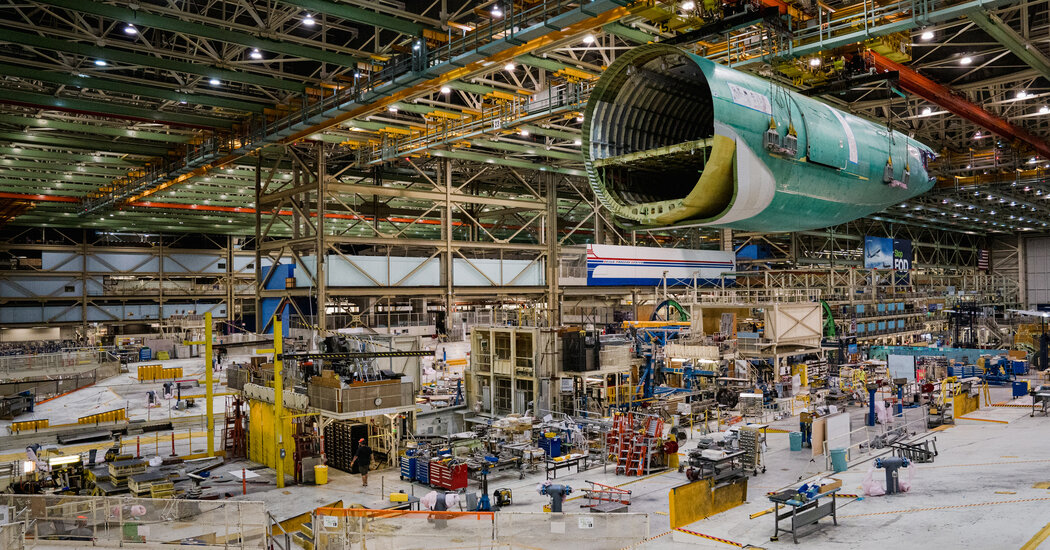Copyright scmp

The adoption of artificial intelligence (AI) as a practical tool is far outweighed by overinflated hype around it. The trending topic of AI is being driven by pundits with seemingly minute-by-minute hot takes, advice and products to sell. However, as the AI bandwagon picks up pace, there is an urgent need for a more thoughtful, independent conversation about preparing for a new reality. The Microsoft/LinkedIn 2024 Annual Work Trend Index trumpets aggressive conclusions such as “Employees want AI at work and won’t wait for companies to catch up”. However, Pew Research Centre found that 52 per cent of employees are worried about AI; 33 per cent feel overwhelmed by it. These incongruous conclusions seem to reflect who is telling the story. The scale, intensity and potential distortions of the bandwagon effect are of concern, leading some pundits to urge Hong Kong policymakers to be wary of it. Markets have also reacted wildly to AI hype. Exceptionally high valuations are now not “leaving much margin for error” in the US and China, a fund manager told Bloomberg. Adding to the AI extravaganza are its geopolitical dimensions, which have led to extraordinary events such as the US government taking a stake in struggling chipmaker Intel. Meanwhile, China is quickly pivoting away from US technology. The AI whiplash has been something to behold, even as massive bets on its future continue. Although the result of the AI transformation remains unknown, there are quite a few definitive assertions about what humans must do to survive and prosper in this confusing new world. There is much discussion about the residual role to be played by humans as AI devours traditional work, as well as a chorus of calls for greater “AI literacy”. The volume of AI tools, content and training programmes being promoted on social media platforms like LinkedIn is staggering. Indeed, LinkedIn is said to be providing its owner, Microsoft, with “a billion willing guinea pigs” for its AI ambitions. If social media is to be believed, the future of humanity’s successful engagement with AI lies in our ability to become “power-users”. This is dangerously simplistic thinking and ignores a key challenge posed by AI: the relegation of human agency to the primacy of AI reasoning or, in other words, the dehumanisation of conversations about humanity’s future. It won’t be the Hollywood version of the AI threat that emerges, with machines waging war on humans. Instead, the true threat may be a heightened risk of humans at war with humans as we lose touch with our unique executive functions as a communal species, in favour of trading these off to AI tools. So what are the unique executive functions that humanity must fall back on to peacefully survive and prosper in the age of AI? To remain the unfettered stewards of our own destiny, we should focus on protecting and evolving four quintessential human systems by strongly developing our skills in these domains: language, economies, culture and cross-border relationships. Fortunately, educators in Hong Kong are already talking about ways to best prepare students for the emerging technological landscape through a careful balance of “hard skills” and “emotional intelligence”. This is a good start because it recognises that some human functions remain unique to our species and these will be the areas where we assert authority over AI systems. However, we must deepen our expertise, capabilities and control over these systems. This might require a rethinking of the primacy of STEM teaching over the humanities, such as linguistics, economics, culture, history and international relations. Indeed, we can see a healthy debate happening in mainland China, where there is pushback on the demotion of the humanities in favour of STEM. Some prominent academics have argued against short-term utilitarianism in favour of long-term value and “preserving the complexity and diversity of human civilisation” through investment in humanities education. The overhyping of AI and the prevailing selfish interests behind it require more scepticism. Ensuring that people remain in control of human-to-human domains is more important than spawning a generation of AI power-users. More investment is needed to develop and promote humanities education so that the human condition prevails over algorithmic filters in the realm of culture, economics and the very languages AI is built on. The unpredictability, creativity and emotional depth of human society must not be excluded from our future evolution.



